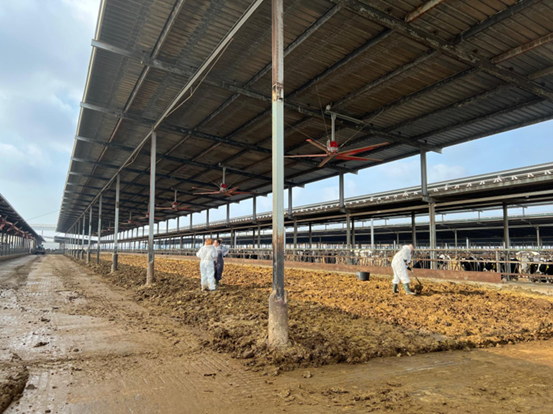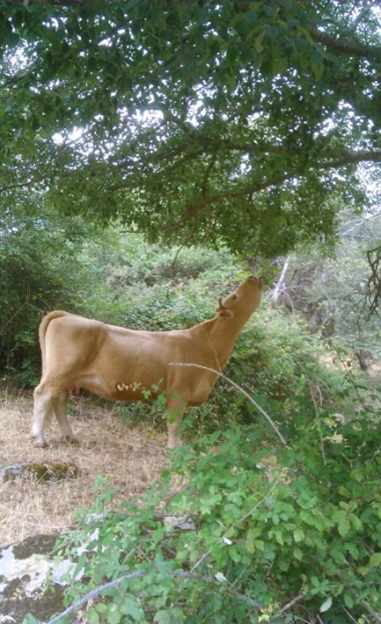Over the past months, significant progress has been made across the different tasks of WP4 in the Re-Livestock project, advancing our understanding and implementation of more sustainable livestock management practices.
ADA has completed data collection on feed waste in lactating sows, with analysis currently underway. A field trial on precision and automatic feeders was successfully conducted and completed in August 2024, offering valuable insights into improving feeding efficiency. At the same time, UPV has analyzed slurry emissions, with plans to repeat the study in spring 2025. UPV has also been investigating productivity and emissions, highlighting challenges associated with partially slatted floors and certain ventilation systems.
UPV continues to assess the impact of ventilators on manure dynamics and animal activity. Ongoing evaluations include manure sampling, behaviour monitoring, animal cleanliness, production, and health indicators. These studies aim to support improved environmental conditions and animal welfare in indoor cattle systems.

📸 Picture 1: Sampling related to T4.2
Progress has been made in optimizing manure management for both nutrient recycling and carbon sequestration. UPV has collected samples from composted bedded packs to assess their contribution to soil fertility and carbon capture. Meanwhile, UEX is exploring the use of biochar as a bedding material and its application in pastures, which could enhance soil structure, moisture retention, and nutrient cycling.
ORC has been testing three soil amendment strategies in outdoor livestock systems—chipped pine wood, post-distilled Cistus, and a control—to evaluate their effects on soil quality and nutrient retention. AU is analyzing data and preparing a manuscript that indicates stocking density does not significantly affect pig performance but does influence willow growth and soil inorganic nitrogen levels. UEX has carried out three key experiments: studying livestock preferences for woody plants and their effects on methane emissions, and testing grazing strategies to assess pasture yield, soil organic carbon, and greenhouse gas emissions.

📸 Picture 2: Agroforestry practices
UPV is leading the evaluation of efficiency and emissions from beef and pig production, using data collected from various project partners. The analysis includes the impacts of feeding strategies, grazing characteristics, and the use of plate-meter measurements in grasslands, with a focus on advancing the role of Precision Livestock Farming (PLF) in climate mitigation and adaptation.
These coordinated efforts across WP4 are significantly contributing to the development of practical, sustainable husbandry strategies that support both productivity and environmental goals in livestock systems.
